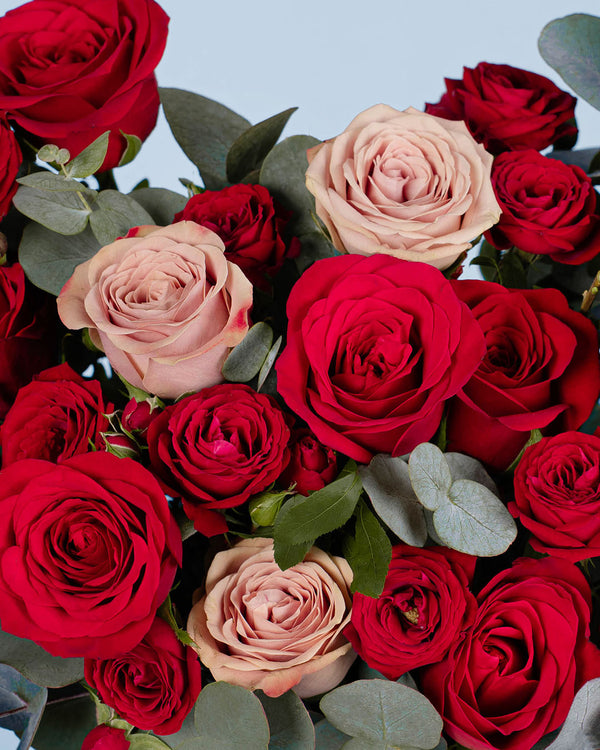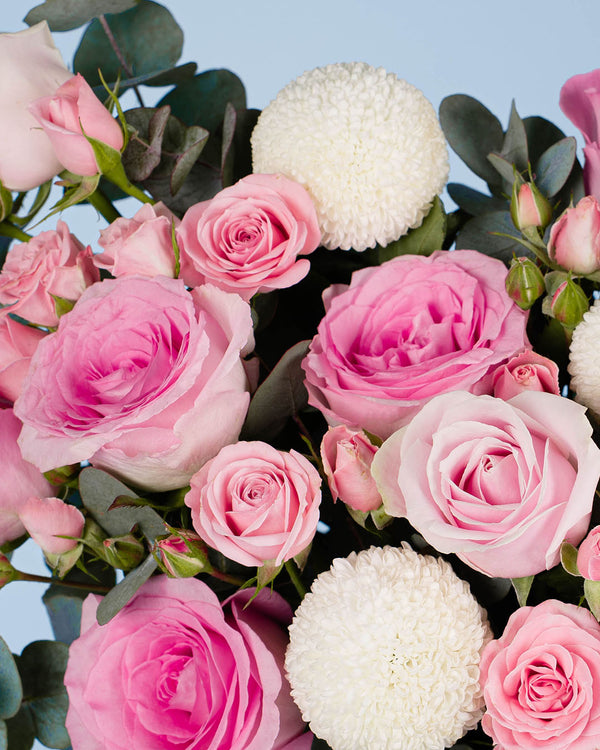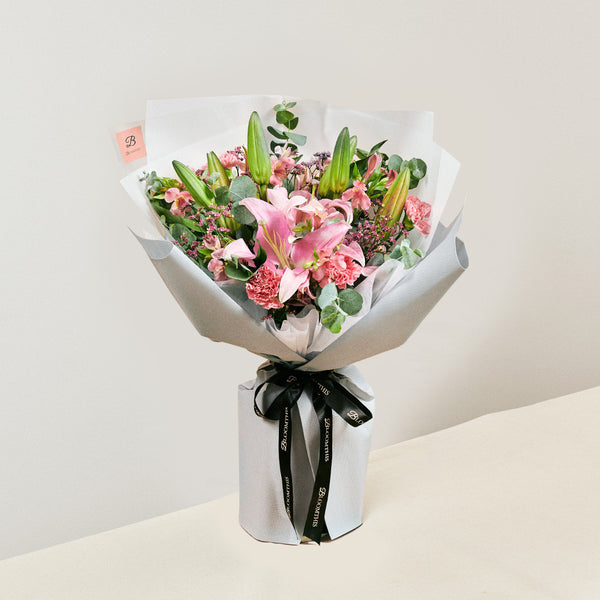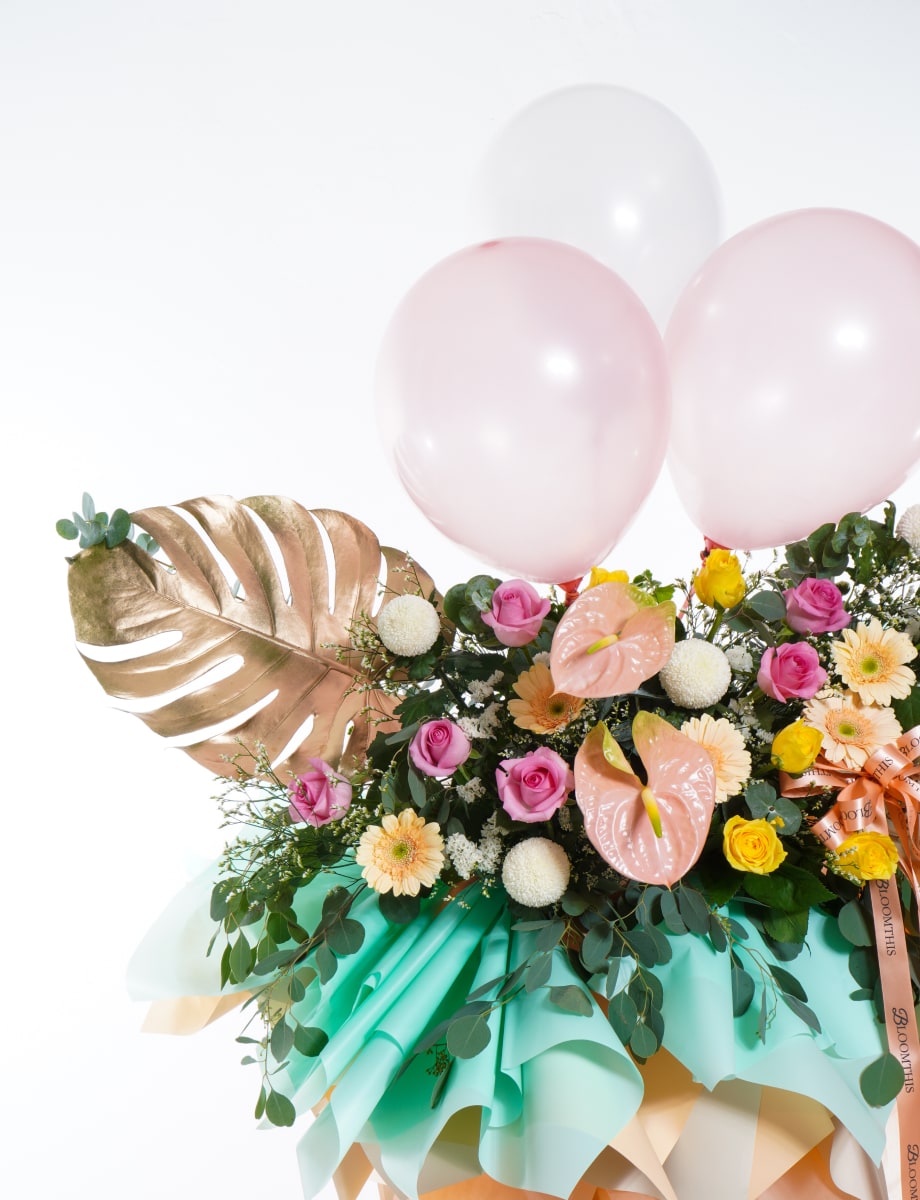Getting to Know Peonies’ Symbolism - Part 1

Over the centuries, peonies have been cultivated in different continents. Being nurtured in a different soil naturally meant that peonies would symbolize something significant in that country’s culture, arts, science, politics and literature. Today, we will look at what peonies meant to Greece and the Medieval Europe period then.
The Medieval period
The Medieval period, also known as the Middle Ages was from the 5th to 15th Century. (We are now in the 21st Century, in case you didn’t know or have forgotten ;D) The Medieval painters often painted peonies’ ripe seed-capsules, not the flower petals. It is the seeds, not the flowers, which were medically significant to them. During those days, they have a superstition about peonies too. The superstitious believed that while picking the plant’s fruit, you must not be seen by a woodpecker, lest the bird come and peck your eyes out. In asylums, people deemed as ‘lunatics’ were covered with peony petals and leaves, as it was believed peonies would cure them. At night, keeping some peony seeds under your pillow would help you avoid any nightmare experiences while you sleep.
Greece
Travel the southeastern part of Europe, and you would discover that the Greeks had many mythology tales about this flower too. The most popular tale would be Paeon, a mortal physician to the gods. He received a peony flower from Apollo’s mother on Mount Olympus. One myth tells of aging Paeon saved from natural human death. He was transformed into a peony instead of dying as other mortals. You can say the idea of peony as the symbol of compassion was derived from this tale – a mortal saved by a God; his legacy was preserved not in black ashes but in the ethereal form of peony, a widely-adored flower on earth.
Another story that connects peonies to Greek medicinal life is Paena. Paena was a student under the tutelage of the Greek god of medicine Asclepius. Paena was exceptionally brilliant to the point that he was better than his master. Greek gods gives in to jealousy easily, unfortunately. It would be a matter of time when Asclepius will become envious of Paena’s abilities, and made an epic fuss at Mount Olympus. Zeus had to save Paena from Asclepuis wrath by transforming Paena into a peony flower (Seriously, what’s with turning Greek doctors into flowers?!)
Okay, enough about Greek doctors and medicine. On a more romantic angle, some Greeks associate the peony to the moon. It was said that the moon goddess Selene created peonies to reflect the moon’s bright beams during the night.
While peonies generally have noble associations to it, particularly for couples to have a happy marriage life, only a few remembered that this flower has another meaning too - the floral meaning of shyness.
The original idea of peony symbolizing bashfulness came from legends of nymphs (female guardian deities of nature). Nymphs are known to be shy and bashful in the presence of humans. So peonies’ petals are usually used as a hiding place from human eyes. Since the nymphs favoured peonies, some associated peonies with beauty and female fertility. This is because peonies bloom during, or even directly after spring.
There you have it, symbolism of peony to Europe in general. Next week, we will look at what peonies meant to the Japanese, Chinese and Indiana Americans. Don’t miss out this juicy last part!
Make someone's day
Send the perfect gift



















Leave a comment
This site is protected by hCaptcha and the hCaptcha Privacy Policy and Terms of Service apply.